Photo of authors Nina LaCour and David Levithan by James Rice
Think of your teenage years, and what comes to mind? A first kiss? A first love? It may also be as simple as a laugh with a childhood friend you still see to this day. Moments like these are the roadmap for the excellent new young adult release, You Know Me Well, collaboratively written by out authors Nina LaCour and David Levithan. Set in San Francisco over the course of a very fateful post-Marriage Equality Pride Week, the novel charts the first meeting and instant friendship between Kate (a high school senior and lesbian artist) and Mark (a high school junior and gay baseball star).
Through this should be a celebratory season, Mark is getting his first taste of heartbreak when his best friend, Ryan, starts seeing a college boy, and Kate can't help but sabotage a relationship with her dream girl, Violet, while floundering toward graduation. But when Mark and Kate cross paths in a Castro gay bar, the teenagers find solace in each other's company.
Told in alternating points of view between Kate (written by LaCour) and Mark (written by Levithan), You Know Me Well marks a first of its kind within the LGBT YA canon, while also remaining a touching, funny, and emotionally resonant read for audiences of all identities and ages.
We spoke with the two authors about You Know Me Well, the meaning of Pride, and what they hope to see more of in young adult queer narratives.
Out: How did the idea for You Know Me Well come about? It was a few years ago at this point.
David Levithan: I obviously enjoy collaborating with other writers, but the one dynamic that I hadn't really explored was sort of a back-and-forth novel with a gay boy and a lesbian girl, and I thought that would be really, really interesting. And I thought to add to its authenticity, it would be great to find another female queer writer to write back and forth with and just do a he-said-she-said novel where you knew they weren't going to end up together in the end. It was much more about friendship and identity than it was about romance. So I had met Nina over the years at a couple book things. The third time we ever met, I popped the question. The next time we met, we decided it would be two teens in San Francisco and that the whole thing would take place over Pride Week, and that was all we really knew when we started writing.
And this book is really a first of its kind in terms of having the two narrators, one being gay, one being lesbian.
DL: LGBT literature is still very much in its relative infancy to the great volumes of literature. Even then, there's usually the gay section and the lesbian section, so we were excited about writing a book that defied those sections and was just about queer teenagers and couldn't be pigeonholed in one or the other. It really had to be both.
Did that create a playing field where you could throw a narrative curveball and see how the other reacts? Was it kind of a choose-your-own-adventure along the way?
Nina LaCour: We definitely kept each other on our toes. One thing that I was really aware of since this is my first collaboration is I usually have all of this time to plan what's going to happen in my book and think about [the characters] all the time, think about the arcs and the character development and the pacing. In this way, I would get the other chapter, read it, be excited, write mine, send it back. And then I would just wait to see what he was going to throw at me next or where he was going to take our characters. It felt very spontaneous. This is kind of a spoiler, but David had Violet show up way earlier than I was expecting, which was really funny. The moment Violet showed up, I was like, "Oh, I really can't plan at all!"
Obviously, David is kind of inhabiting this character, Mark, and you, Nina, are inhabiting Kate, but are you two drawing from anything in particular? What was the inspiration?
DL: Mark's character is not particularly like me in that he is a baseball player and that he's attractive to many men in the club, and I kind of like that, that he's not a bookish, articulate guy--as many of my previous main characters have been. But I will say the central dilemma for Mark is obviously that he is in love with his best friend and he is very confused about the ambiguities about where friendship ends and where an actual romantic relationship begins, and his definitions are very different from what Ryan's definitions are. Of all of the romantic dynamics, that one is pretty much the most recurring theme in my own history, and I'd never really written about it in quite so focused a way.
NL: One of the things I'm interested in in young adult literature is the coming of age story and how that's usually portrayed in this really positive way as a character has this emotional growth and becomes more adult-like. One thing that I feel isn't addressed quite as much is the real terror of growing older and the desire to want to stay where you are and to want to stay a child for a little bit longer, especially for seniors in high school. I used to be a high school teacher, and I would see that in some of my students as the school year inched closer and closer to graduation. I liked the dynamic that David set up that Mark is a junior and Katie's a senior, and that sparked this idea: What if she's one of those seniors that isn't ready to go yet?
I really enjoyed the scene at the poetry slam.
DL: While we were writing it, I noticed we are focusing so extraordinarily closely on the central four characters. For a book that is set in Pride Week and is, we hope, going to be viewed as an LGBT+ book, we had to widen the lens and really show more characters and show the other experiences that are around these main characters. Some of the characters who are in this scene appear elsewhere in the book, but that's really the moment for everybody to have their say and for you to understand where we are right this moment. The book is very much a snapshot of LGBT+ YA life right now in 2016.
And in terms of it being a snapshot, I also clocked nods to Frank Ocean and other musicians that they're listening to throughout.
DL: We finished writing the book the weekend the Supreme Court decision was made. One of the conversations we had was, "Do we want to set it on Pride Week 2015, and do we want that to be the climax of the book, and do we want to date it really, really precisely?" We decided not to because then it would be about something very different and we were worried trying to retrofit it to history would just make it feel awkward or heavy-handed. So instead, it's the current day, but we never really pin it down as much just so people can approach it whichever way they want to.
This conversation is touched on at one point in the novel, and I'm curious: Do you feel the meaning of Pride changes with age?
NL: I do. I think it's so personal and it can be looked at through so many different lenses and so many different contexts. From the person as an individual [who's] getting to know themselves and becoming comfortable with their identity or wanting to explore their identity, to a group of friends or family celebrating the commonalities that people share, to, of course, a much wider look at Pride about everything across the queer spectrum.
DL: I think it's age, but also history. I think that the concept of Pride was very effective and very meaningful as a counterbalance to shame. The whole notion of embracing your Pride sort of was predicated on the notion that there was some inherent shame that you had to counterbalance. In writing these characters what's interesting is if you're growing up where you don't have the predisposition to shame, if you actually are in a world where that part of your identity does not make you feel immediately attacked or immediately feel like you are somehow wrong, then that does free you to take Pride in a different way. Pride is no longer an antidote, it is instead something in itself.
Do either of you have any plans to celebrate Pride this year?
DL: As always, I will be at the American Library Association Convention, but it's cool because I'll be getting the Margaret Edwards Award during Pride Week. It is kind of amazing that you can get such an honor as such an outspoken gay writer. It's pretty cool. I'm not the first openly gay writer to win the award, but at the same time, it still feels significant. So that's how I will be celebrating--just with pride in where our literature has come.
NL: I will be with my wife and my three year old at the San Francisco Pride Parade, just like in the book! That will be a special thing to be there and think about how we portrayed it. I will definitely have Mark and Katie in my mind.
As two writers within the sphere of LGBT YA, is there anything you hope to see more of?
NL: For me, the obvious answer is gender-queer characters. I think that as more and more people are coming to find out about themselves, accept themselves, and as more and more people are learning to use "they" pronouns, and so forth, I think there certainly is a need for more of those stories, and I'm really excited to read them.
DL: And for me, again, it's an obvious answer, but it's the true answer: Adding more diversity to the queer voices that we have in our literature. It is still certainly more male than female; it is still certainly more white than non-white; it is still certainly much less trans and gender-queer than it should be. Right now, it's interesting--we're at the tipping point where there isn't very much talking about asexuality either, but there's a lot coming very soon. The literature takes a little time to catch up with the culture, but we are catching up.
You Know Me Well is available now. For more information on Nina Lacour, click here. For more information on David Levithan, click here.
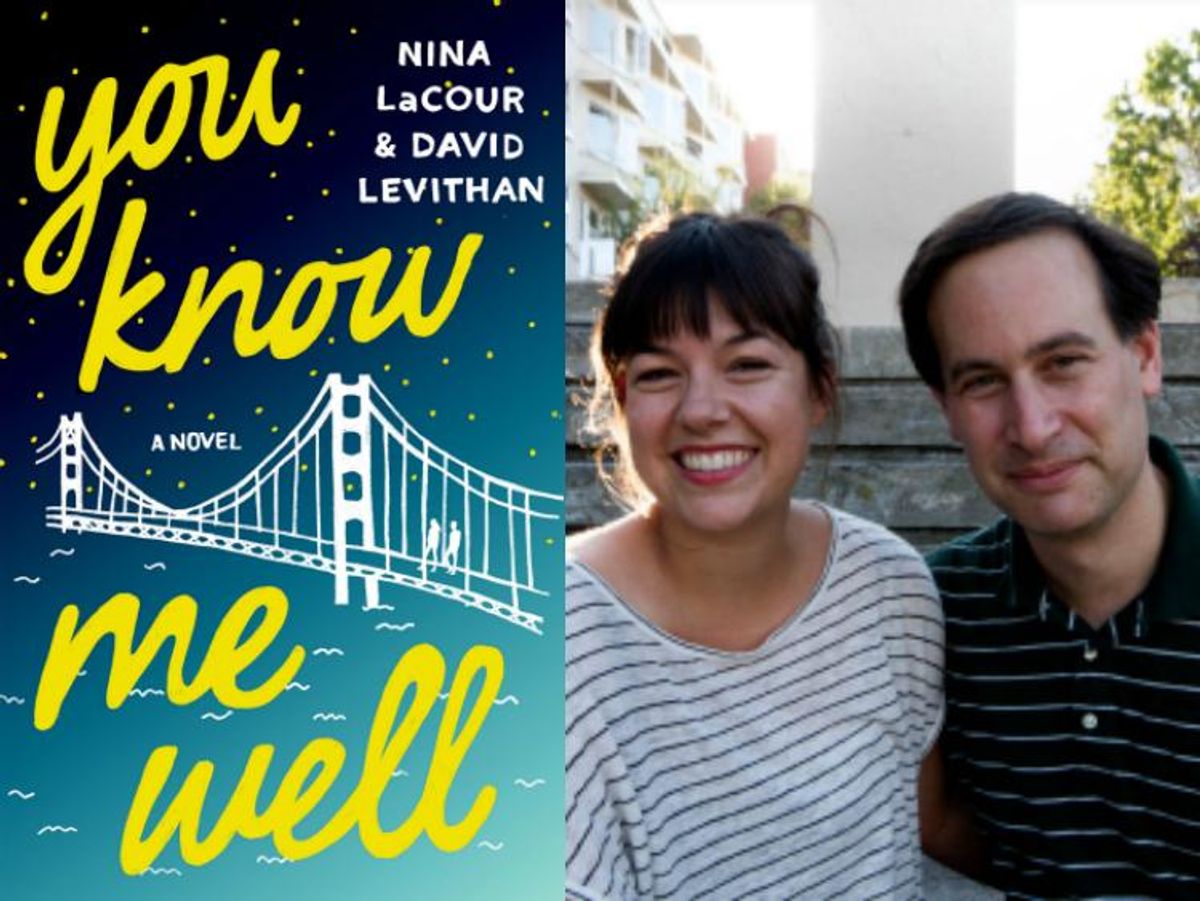


















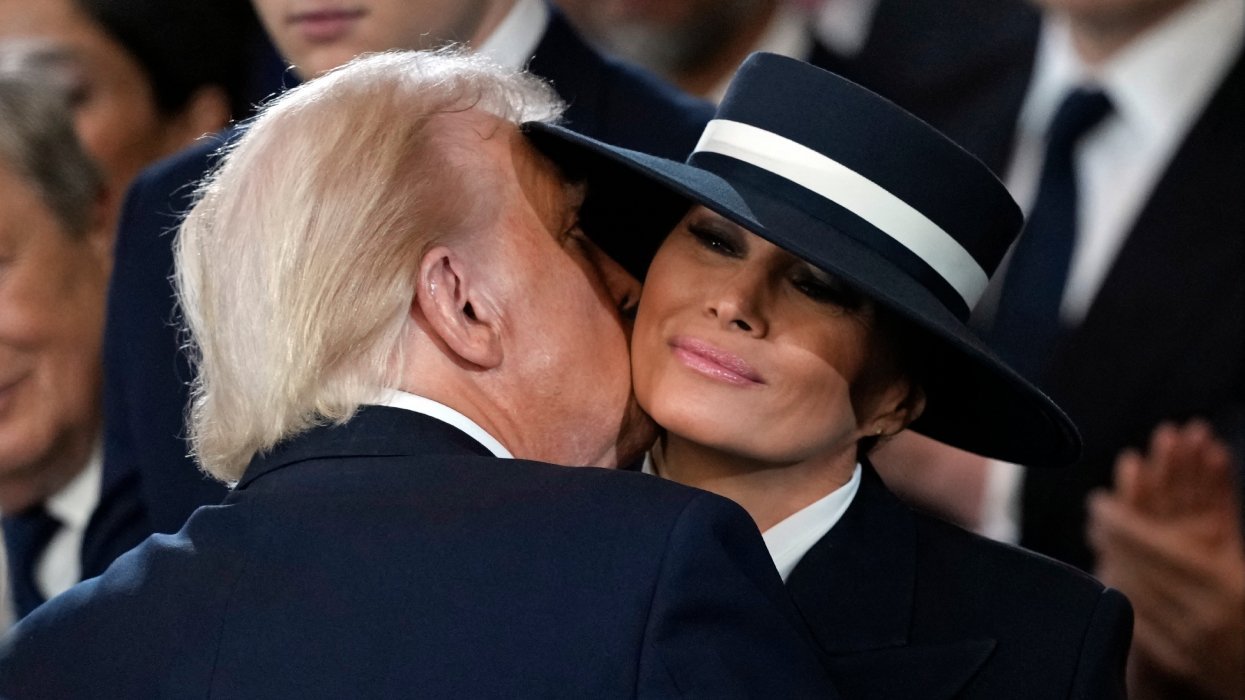


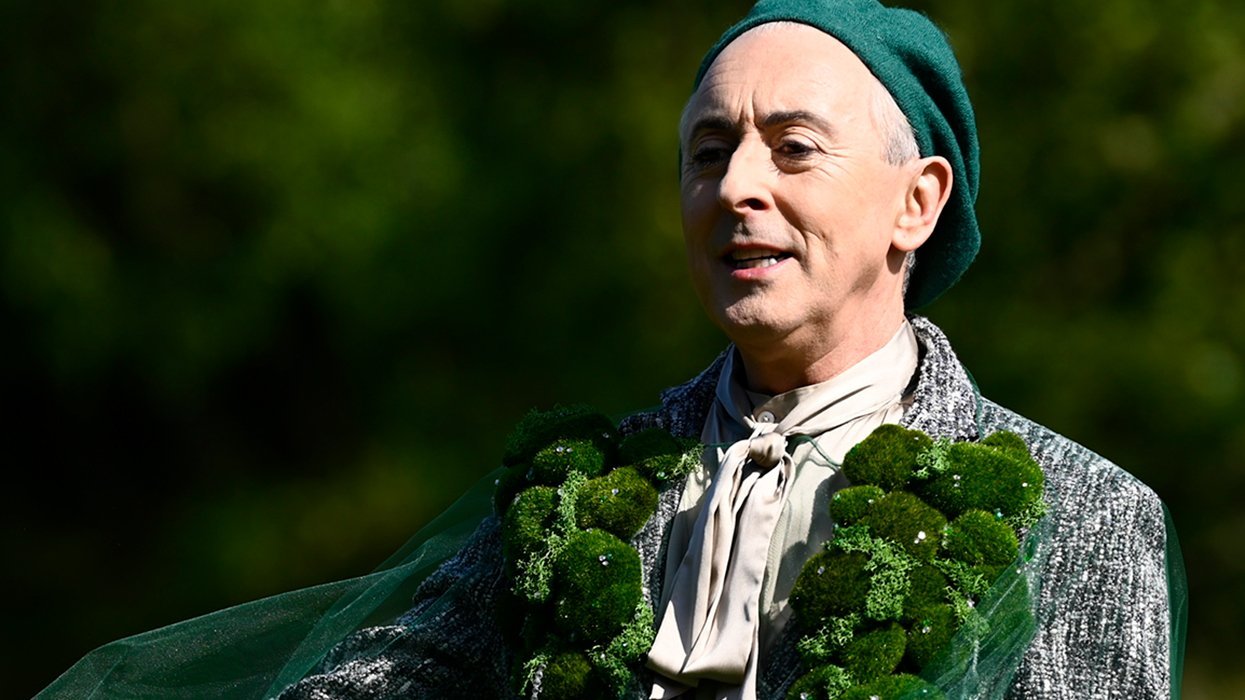
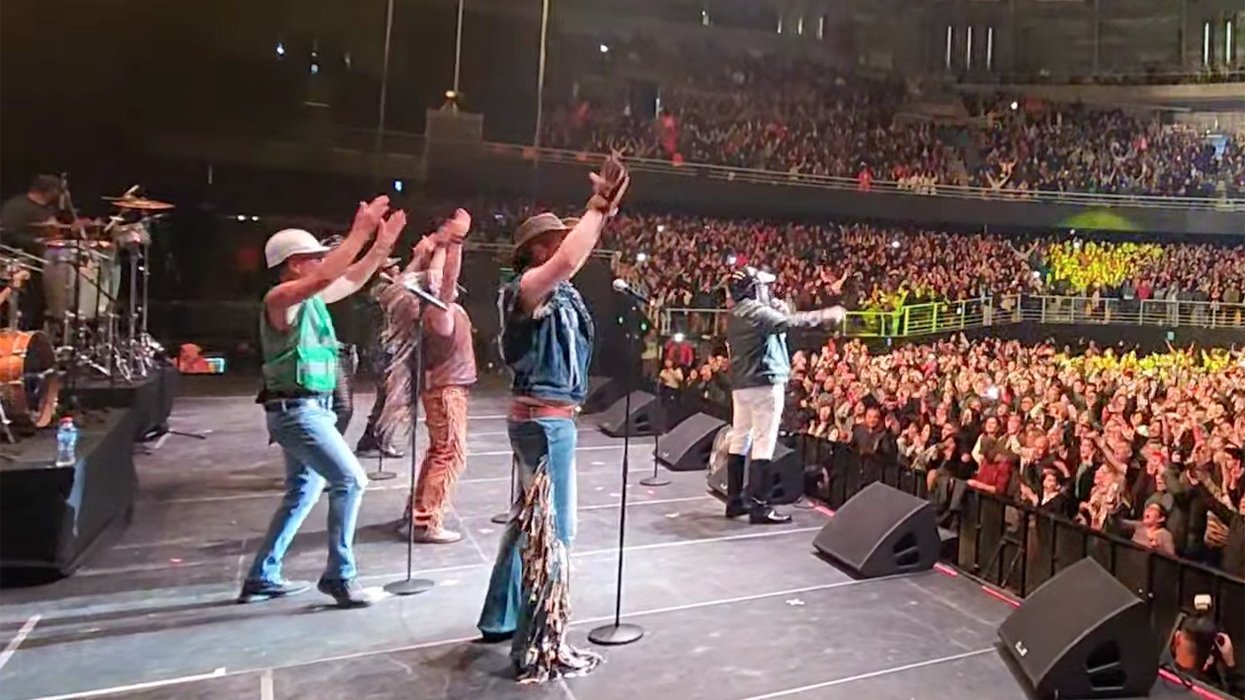
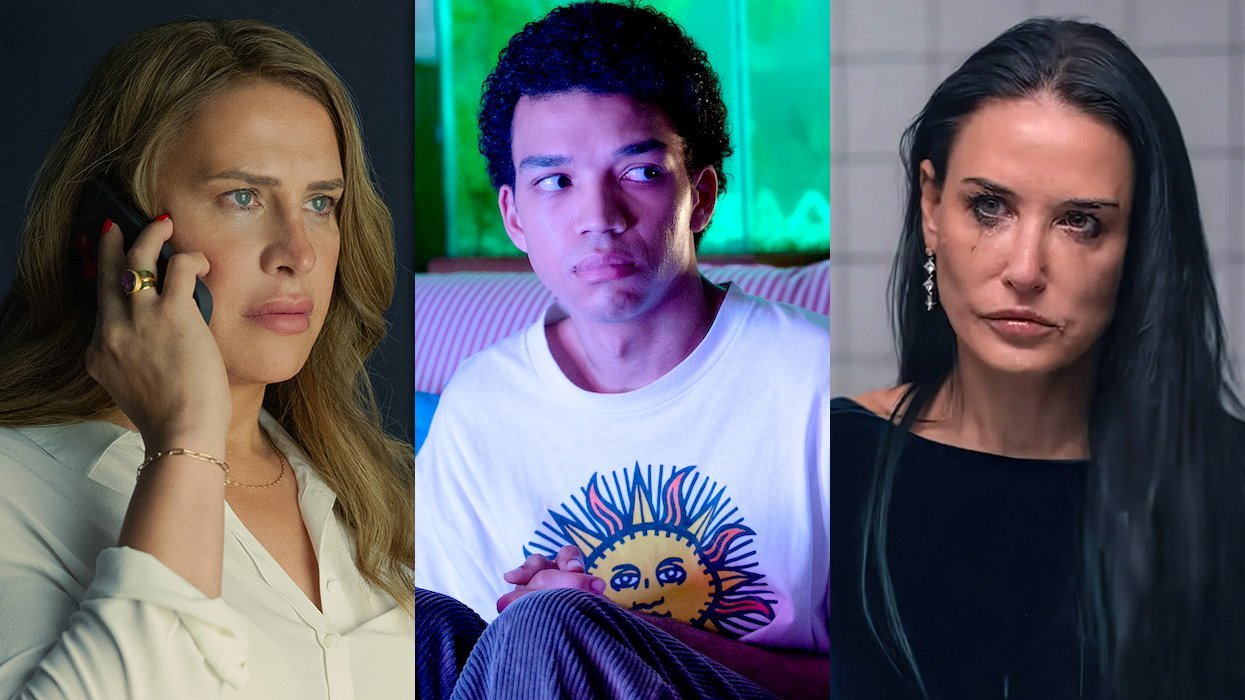
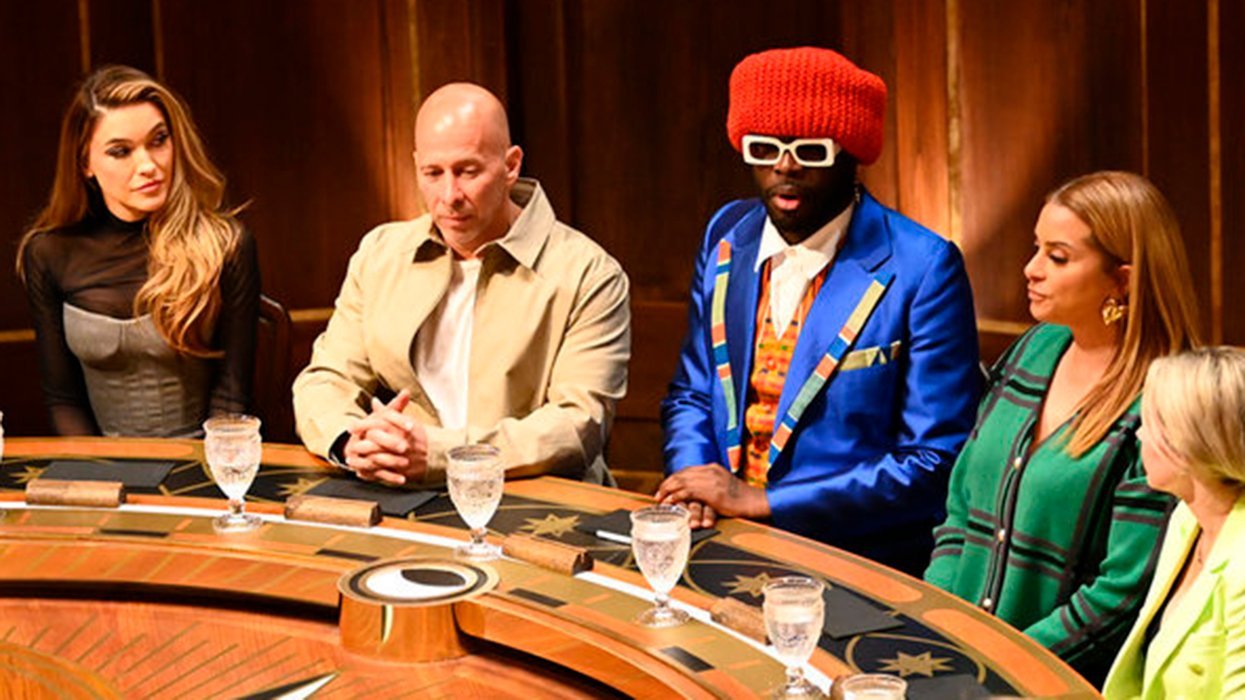
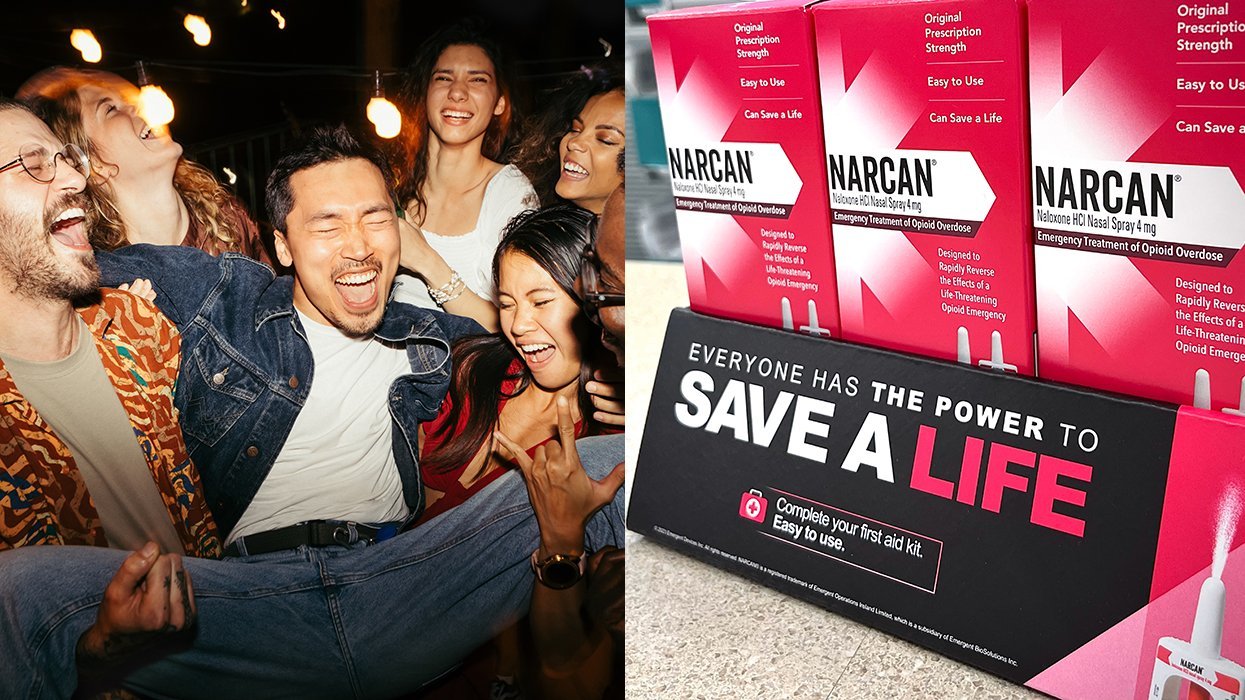
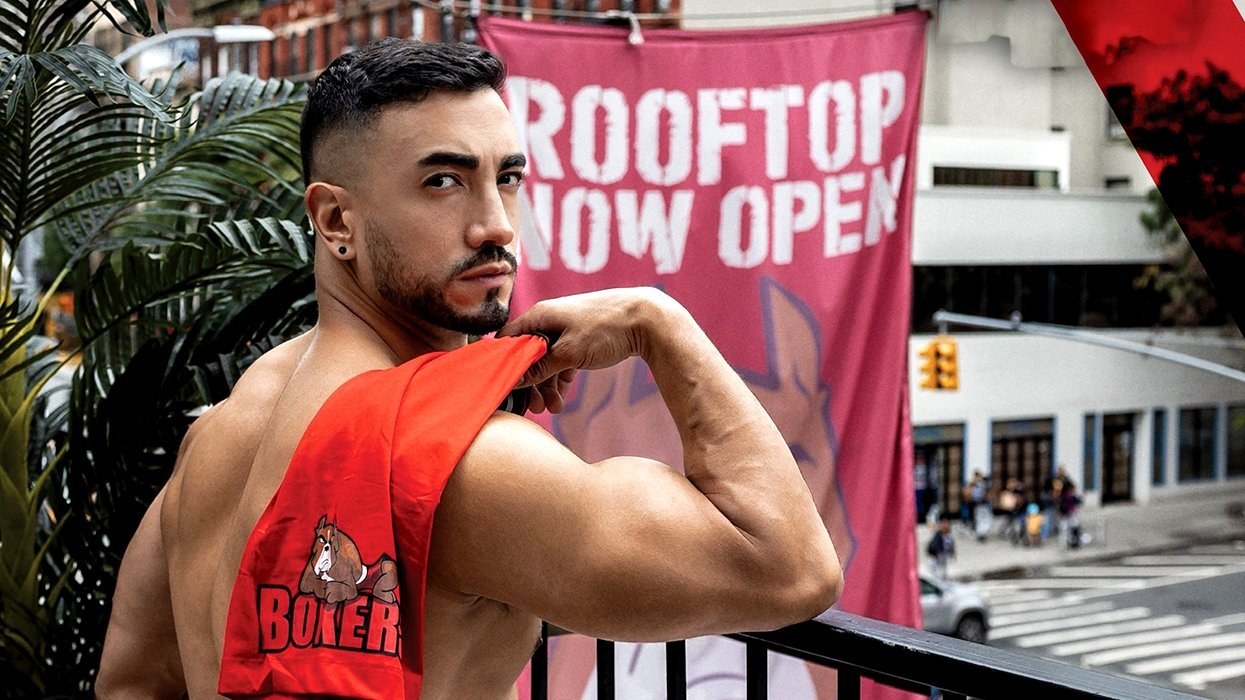
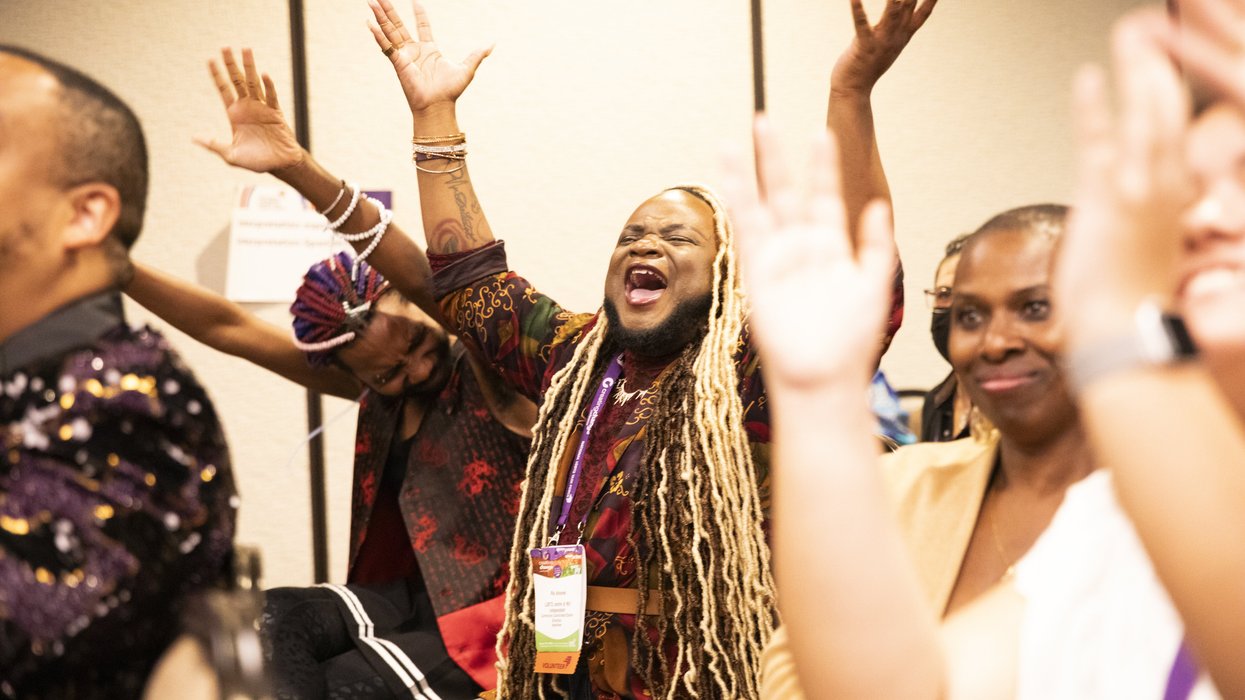
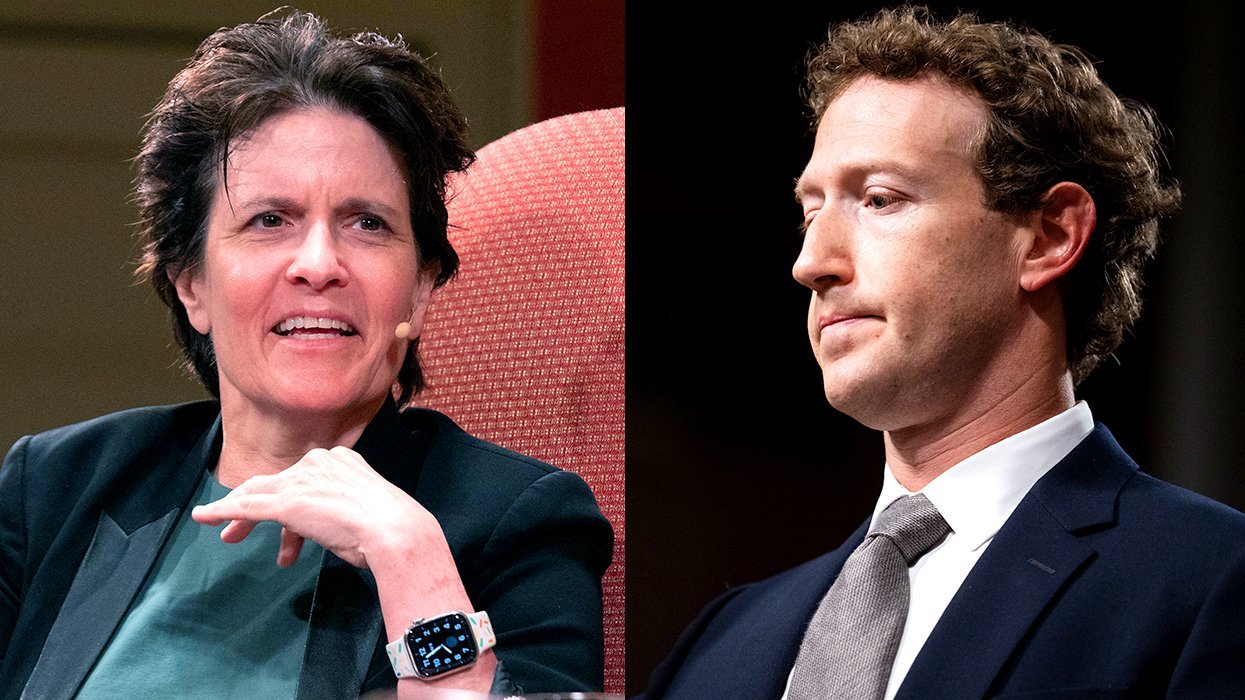
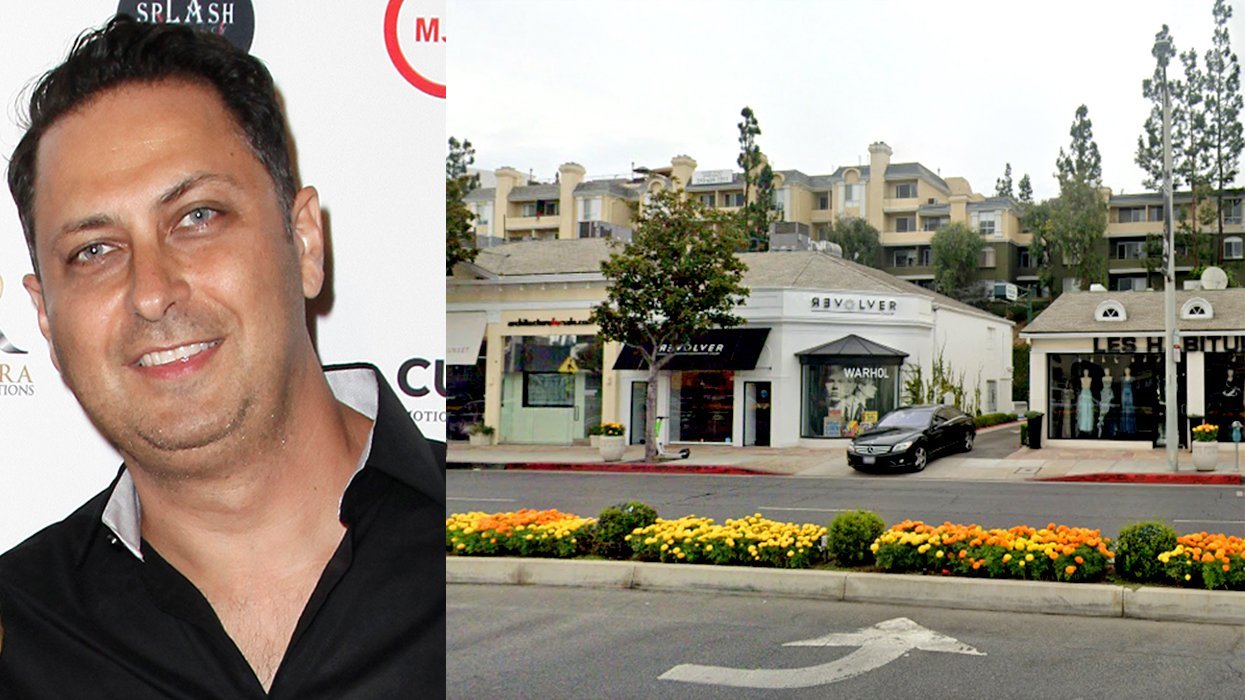
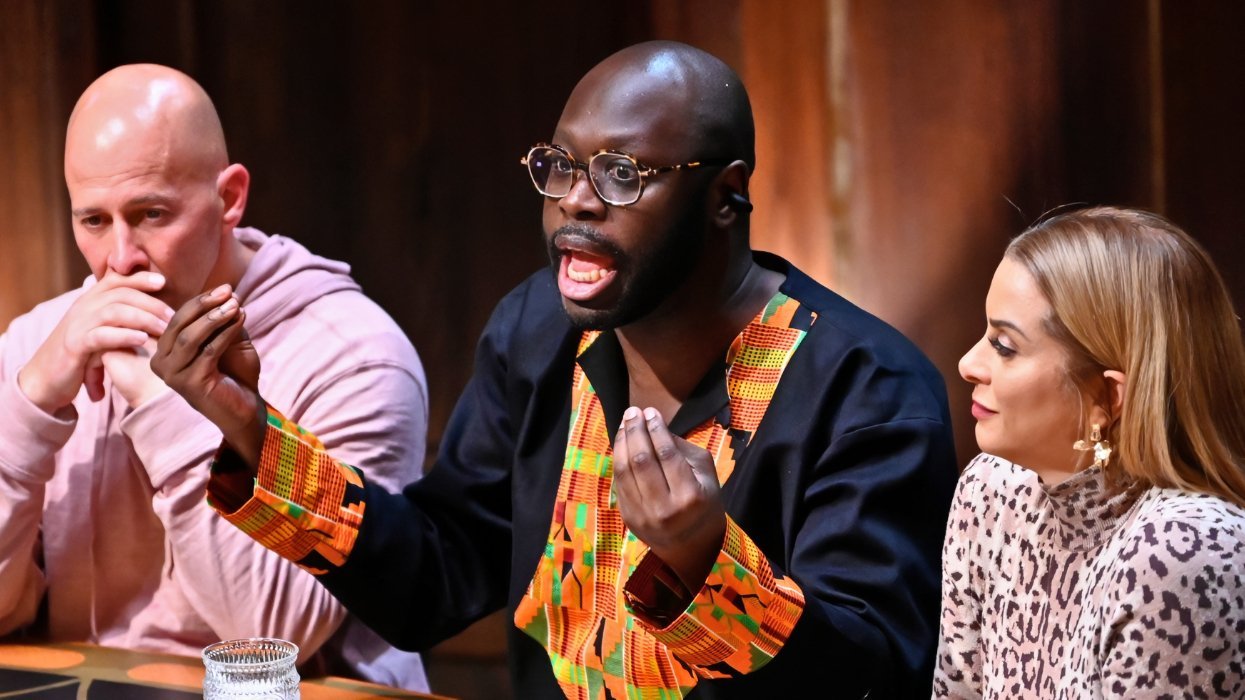
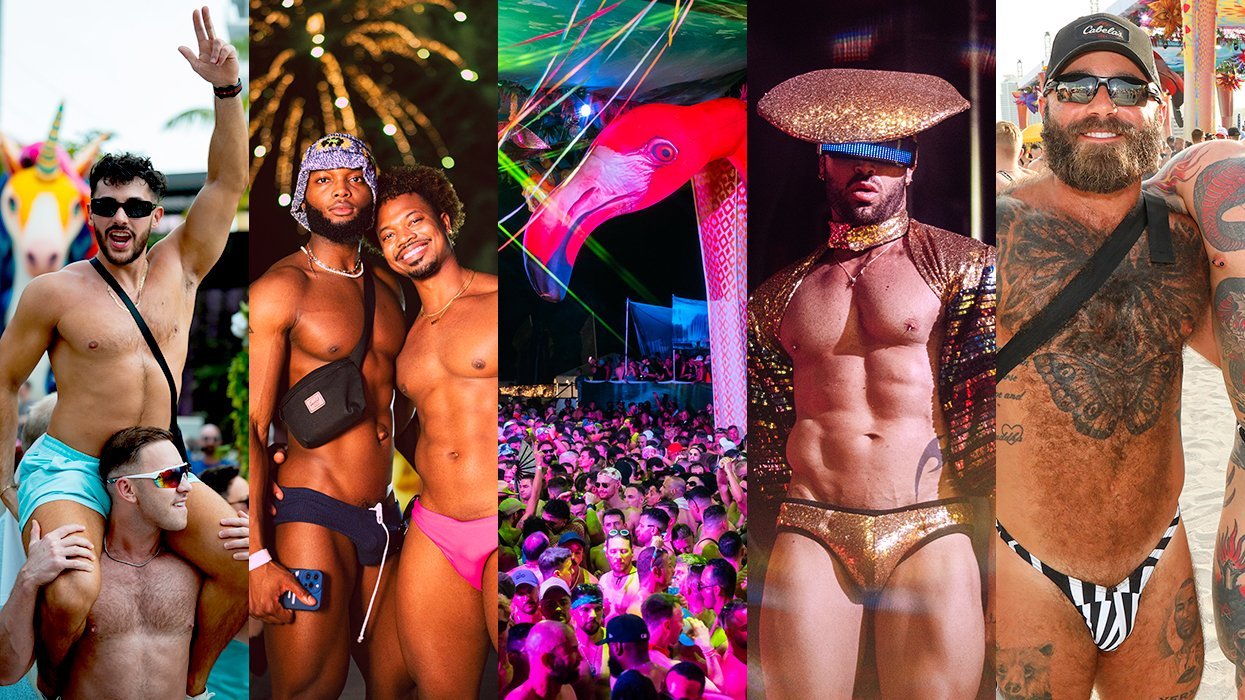

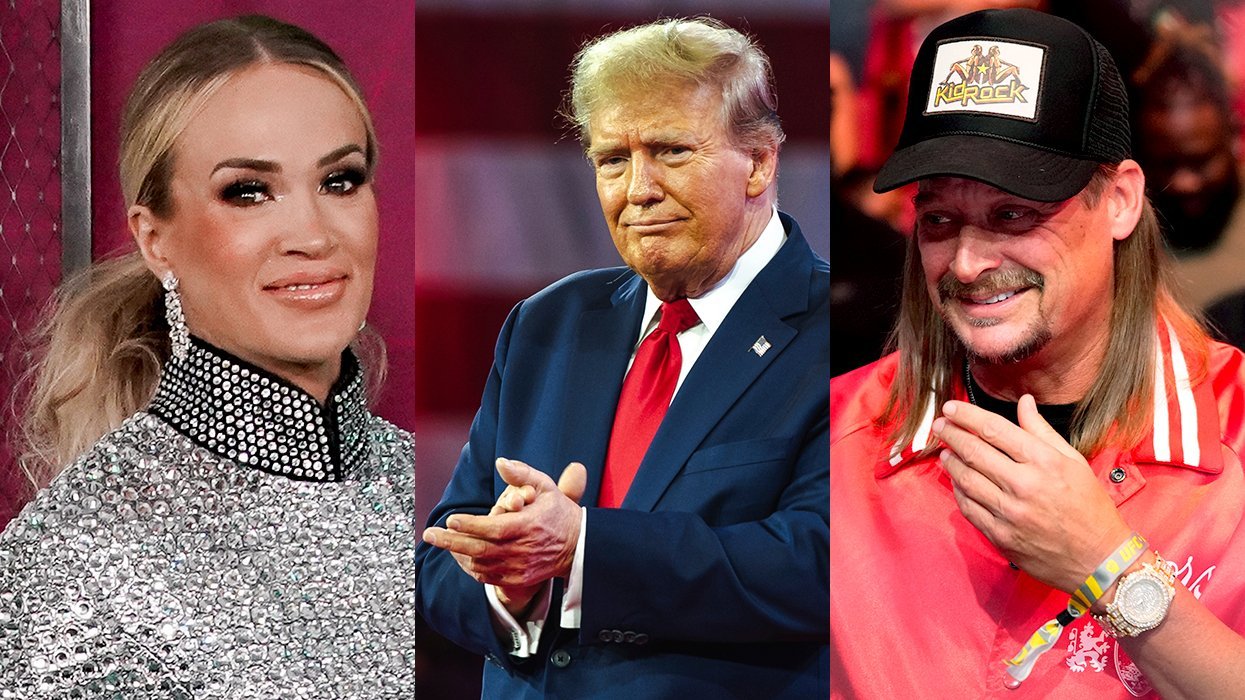
















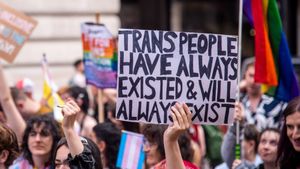

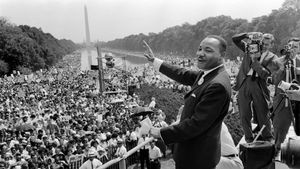




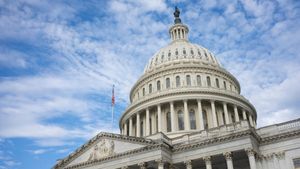















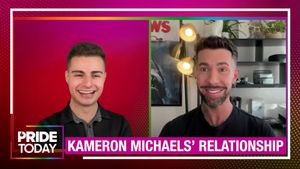









Beware of the Straightors: 'The Traitors' bros vs. the women and gays